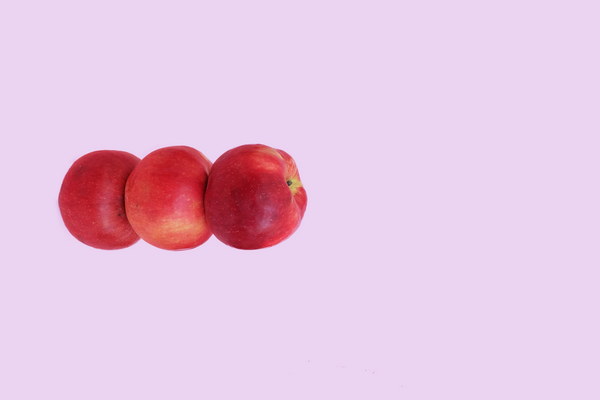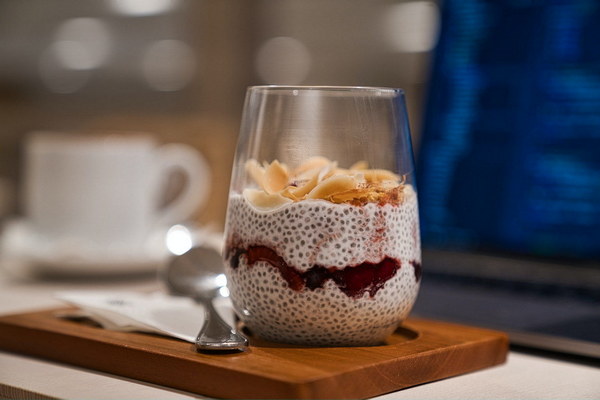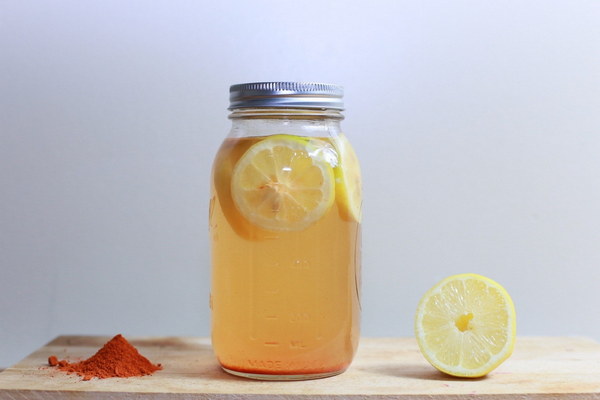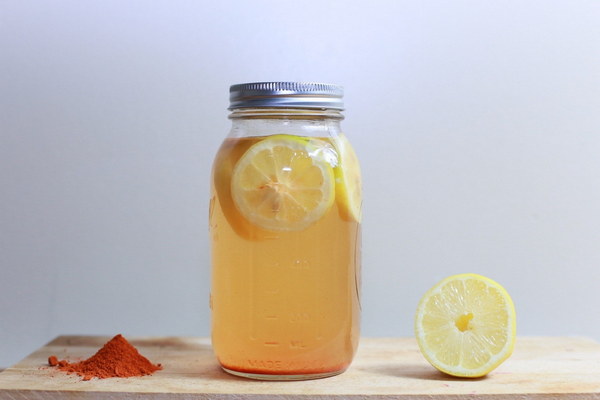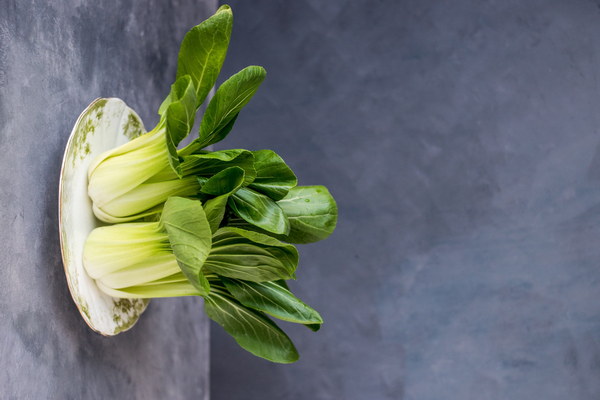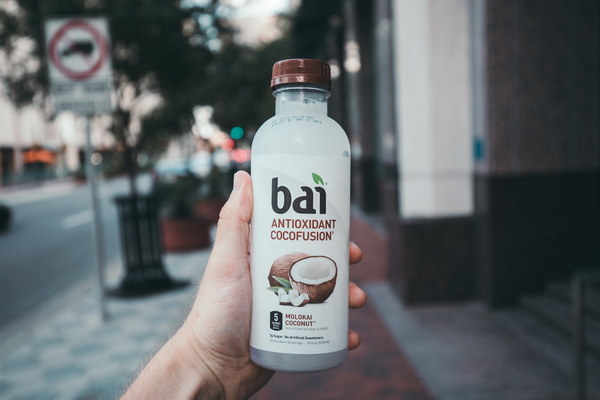Cooling and Excreting Dampness The Timeless Efficacy of Guangdong's Traditional Herbs
In the bustling metropolis of Guangzhou, the essence of traditional Chinese medicine is deeply rooted in the hearts and minds of the locals. Among the myriad of herbal remedies, one stands out as a symbol of comfort and healing: the Guangdong herbal tea, renowned for its cooling and dampness-excreting properties. This article delves into the world of Guangdong's traditional herbs, exploring their history, composition, and the science behind their effectiveness in combating heat and dampness.

The concept of heat and dampness is a foundational principle in traditional Chinese medicine, which posits that an imbalance of these elements can lead to various health issues, including fatigue, fever, and skin disorders. Guangdong herbal tea, with its unique blend of natural ingredients, has been a popular choice for generations to alleviate the symptoms associated with heat and dampness.
The roots of Guangdong herbal tea date back centuries, with its origins traceable to the Song Dynasty. Over the years, the recipe has been refined and perfected, resulting in a concoction that is both delightful and medicinal. The tea typically consists of a mix of herbs, such as honeysuckle, chrysanthemum, and osmanthus, which are known for their cooling properties.
One of the most iconic ingredients in Guangdong herbal tea is the heartleaf motherwort (Lysimachia christinae Hance). This herb is believed to have the power to clear heat, cool the blood, and relieve dampness. The tea's ability to address these three aspects simultaneously makes it a versatile remedy for a wide range of ailments.
The science behind Guangdong herbal tea's efficacy lies in the active compounds found in its ingredients. For instance, honeysuckle contains naringenin and naringin, which have been shown to have antiviral and anti-inflammatory properties. Chrysanthemum, on the other hand, is rich in flavonoids, which have been found to possess antioxidant and anti-inflammatory effects.
When it comes to the process of drinking Guangdong herbal tea, there is a certain art to it. The tea is typically brewed by boiling the herbs in water for several minutes, then allowing it to steep for a few more minutes. The resulting brew is a golden hue, with a slightly sweet and bitter taste that is both invigorating and soothing.
In addition to its cooling and dampness-excreting properties, Guangdong herbal tea has been found to offer numerous other health benefits. For instance, it has been shown to boost the immune system, improve digestion, and even aid in weight loss. Furthermore, the tea is known for its ability to reduce stress and promote relaxation, making it an ideal drink for those seeking a natural way to unwind after a long day.
Despite its numerous health benefits, it is important to note that Guangdong herbal tea should not be consumed excessively. Like all herbal remedies, it is best used in moderation, and it is advisable to consult with a healthcare professional before incorporating it into one's daily routine, especially for those with pre-existing health conditions.
In conclusion, Guangdong herbal tea is a testament to the enduring power of traditional Chinese medicine. With its unique blend of cooling and dampness-excreting properties, it has become a cherished staple in the lives of many. Whether you are seeking relief from the heat and dampness of a summer day or looking to boost your overall health, Guangdong herbal tea is a natural and delicious choice that has stood the test of time.
